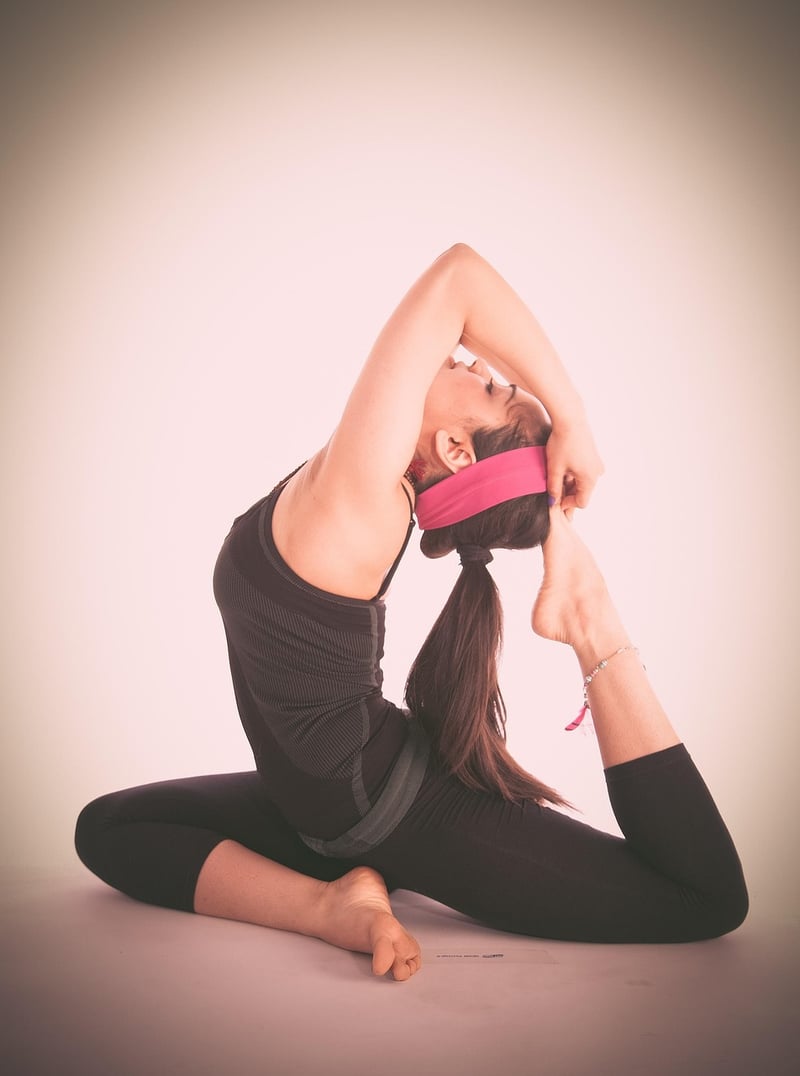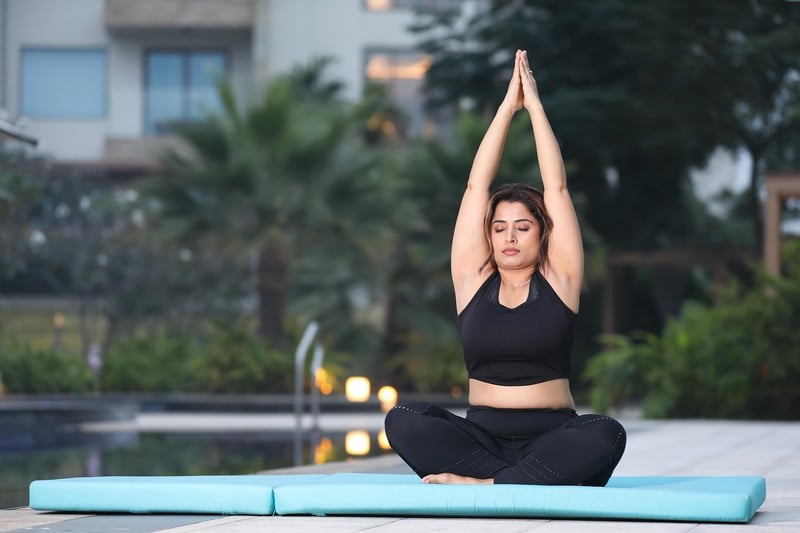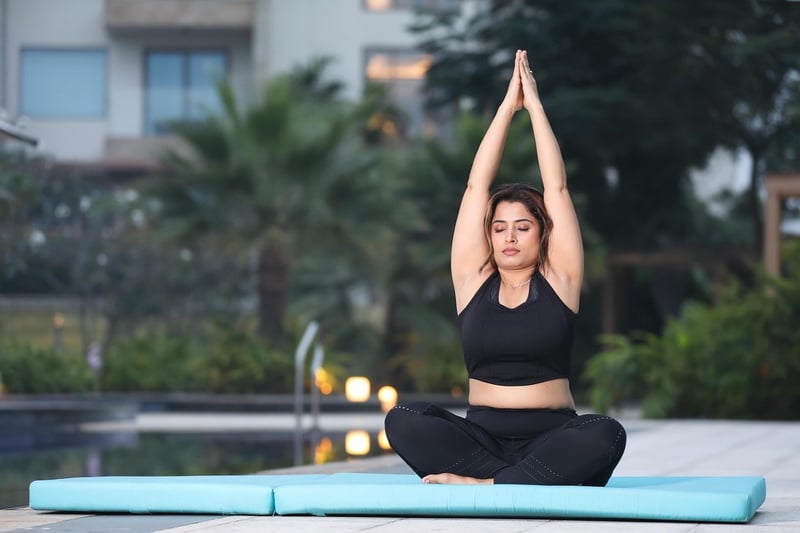Breath Retention
Techniques to Enhance Breath Control and Breath Retention
Breath control and retention are essential aspects of many practices such as yoga, meditation, and various martial arts. These techniques not only help improve physical health but also contribute to mental well-being and focus. Here are some effective methods to enhance breath control and breath retention:
1. Diaphragmatic Breathing
Also known as belly breathing, this technique involves breathing deeply into the diaphragm rather than shallowly into the chest. It helps increase oxygen intake, improve lung capacity, and promote relaxation.

2. Box Breathing
Box breathing is a technique where you inhale, hold your breath, exhale, and then hold your breath again, each for the same count. This method helps regulate breathing patterns and reduce stress levels.

3. Alternate Nostril Breathing
This yogic breathing technique involves closing one nostril while inhaling, then switching nostrils while exhaling. It helps balance the flow of energy in the body, calm the mind, and improve focus.

4. Breath Retention (Kumbhaka)
Breath retention, or Kumbhaka, is the practice of holding the breath either after inhalation (Antara Kumbhaka) or after exhalation (Bahya Kumbhaka). This technique enhances lung capacity, improves concentration, and strengthens the respiratory system.

5. Kapalabhati Pranayama
Kapalabhati is a cleansing breathing technique in yoga that involves short, powerful exhales and passive inhales. It helps clear the respiratory system, increase oxygen supply, and improve mental clarity.

By incorporating these techniques into your daily routine, you can enhance your breath control, increase lung capacity, reduce stress, and improve overall well-being. Remember to practice these methods regularly to experience their full benefits.
